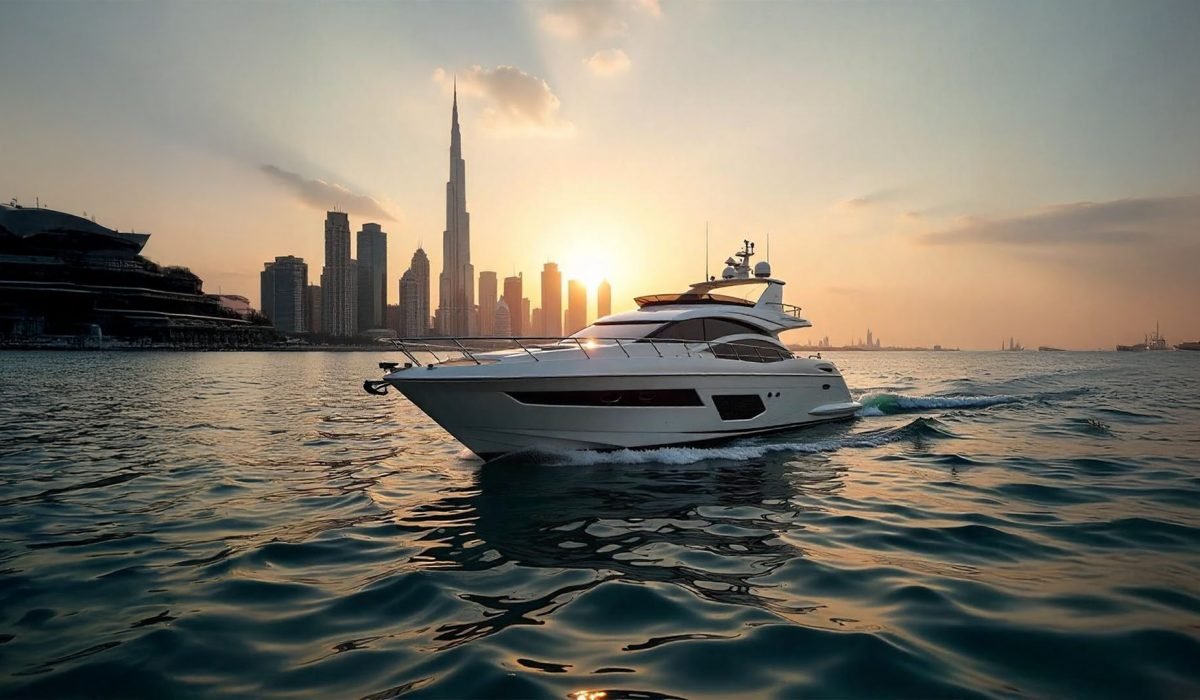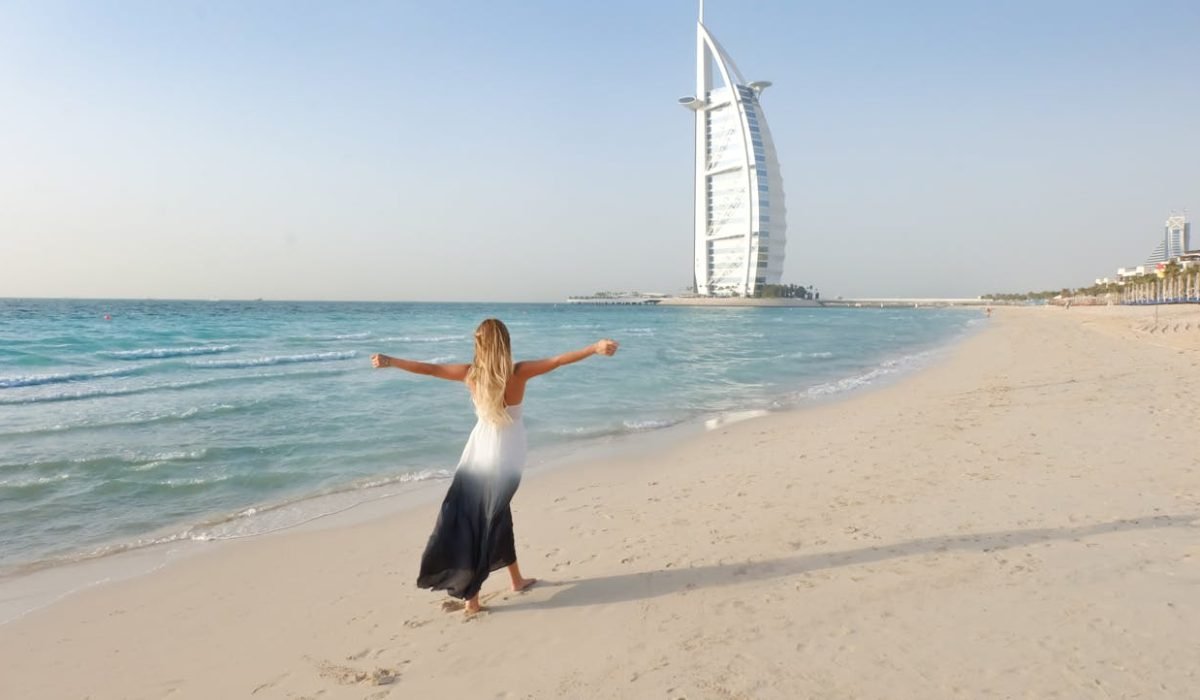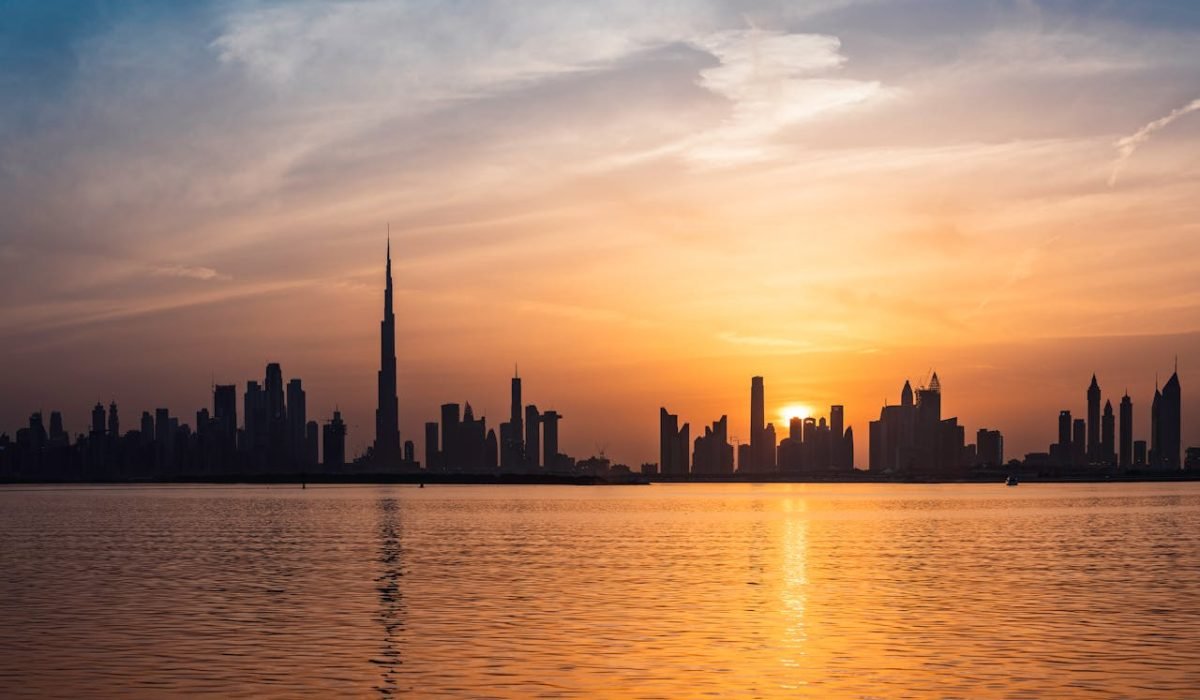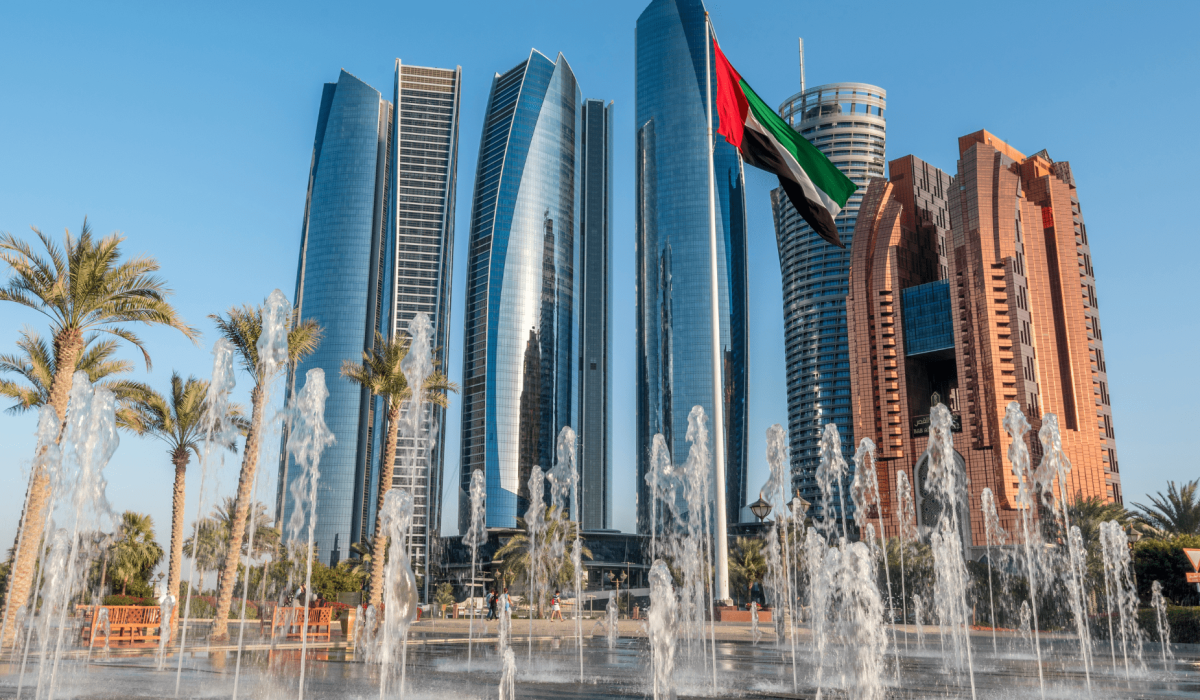Dubai is a modern, vibrant and welcoming city, but also deeply rooted in traditions and cultural norms that make it unique. Respecting these customs is not only a matter of politeness, but a way of showing consideration for the Emirati hospitality that sets it apart.
Here is a practical, clear and updated guide to understand what to do and what to avoid during your stay.
👉 What to do to show respect and good education
✔️ Greetings with courtesy and a smile
In the UAE, greetings are an important part of daily life. To greet a local, a light hand gesture or the phrase "Salam Alaikum" (peace be upon you) is sufficient. It is a warm and respectful way to start any conversation, and you will receive a "Wa Alaikum Salam" (and with you too) in return.
✔️ Dress respectfully, even in hot weather
Dubai is multicultural and flexible in tourist areas, but it is key to remember that it is still a Muslim country. In public places such as shopping malls, souks and museums, try to cover shoulders and knees.
For women: in mosques it is obligatory to cover the head with a headscarf, as well as arms and legs.
For men: avoid tank tops or shorts that are too short in traditional places.
If you visit luxury hotels or private beach clubs, you can wear lighter clothing, but always bring a change of clothes to move between public spaces.
✔️ Be discreet with affection in public
Displays of affection such as kissing, hugging or touching may be considered inappropriate in open spaces, especially between unmarried couples. It is okay to hold hands discreetly, but show affection in the privacy of your accommodation or private spaces.
✔️ Ask before taking pictures of people
Photography is a delicate gesture, especially with local women and families. If you want to immortalize an authentic moment, ask permission with a smile. Most people appreciate it and some will even want to share with you more details of their culture.
✔️ Learn some basic Arabic words
Although most speak English, trying to use expressions such as Shukran (thank you) or Afwan (you're welcome) opens doors and shows appreciation for the local culture.
👉 What to avoid so as not to be uncomfortable or get into trouble.
❌ Do not drink alcohol on public roads or show signs of drunkenness.
Dubai has a lively nightlife with licensed bars and beach clubs, but outside of these places it is strictly forbidden to drink or be drunk on the street. Fines can be high and can result in arrest.
❌ Do not argue or raise your voice too loudly.
Talking loudly, arguing or showing anger in public is considered rude. If a problem arises, always seek to resolve it in private or with the help of your guide or concierge.
❌ Avoid eating, drinking or smoking in public places during Ramadan.
During the holy month of Ramadan, Muslims fast from sunrise to sunset. As a visitor, you should refrain from eating, drinking or smoking on public roads during these hours. Restaurants and cafes continue to operate, but usually have areas closed to tourists.
❌ Do not point directly with the index finger.
In Arabic culture, pointing a finger at someone is perceived as rude. Use the whole hand, a nod of the head or indicate direction with an open palm.
💡 Additional tips for respectful integration
✨ Observe and ask: If you don't know what is appropriate, observe how the locals behave or ask respectfully. Emirati hospitality will do the rest.
✨ Keep a foulard or shawl handy: For women, it is useful for covering up in mosques or traditional places without complications.
✨ Use the right hand to eat or greet: The left hand is reserved for hygienic functions, so offering or receiving something with the right is a sign of good manners.

Local customs in Dubai: what you need to know to move with respect

The best activities for children in Dubai and Abu Dhabi

Dubai's must-sees: activities you can't miss on your first trip

Cultural and luxury experiences in Abu Dhabi and Dubai

What to see in Dubai in a few days

Abu Dhabi: More than a modern city
© ALL RIGHTS RESERVED. EMI EXPERIENCE / DEVELOPED BY CONKER AGENCY.